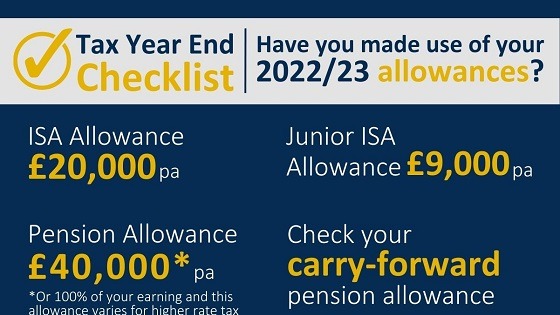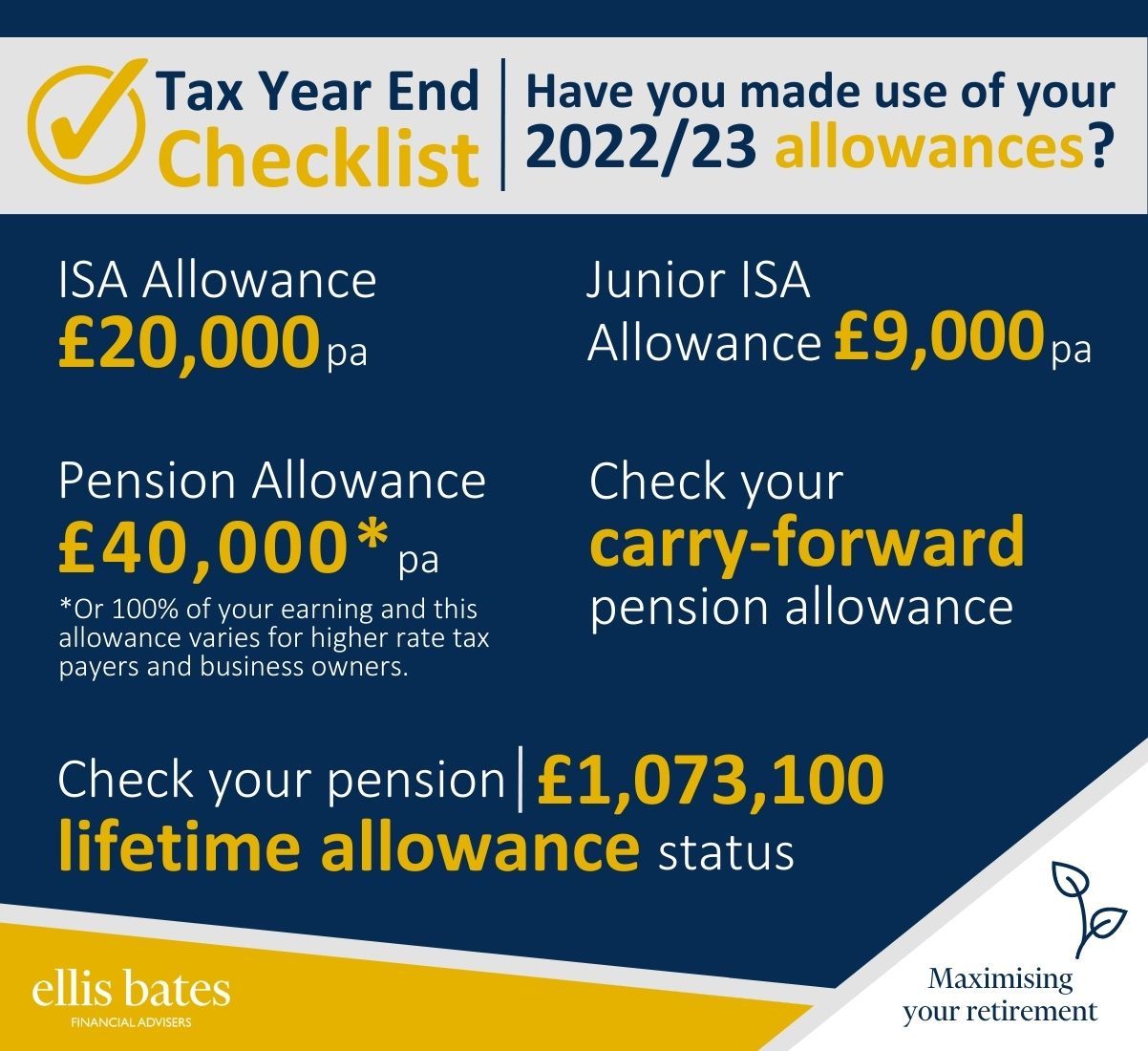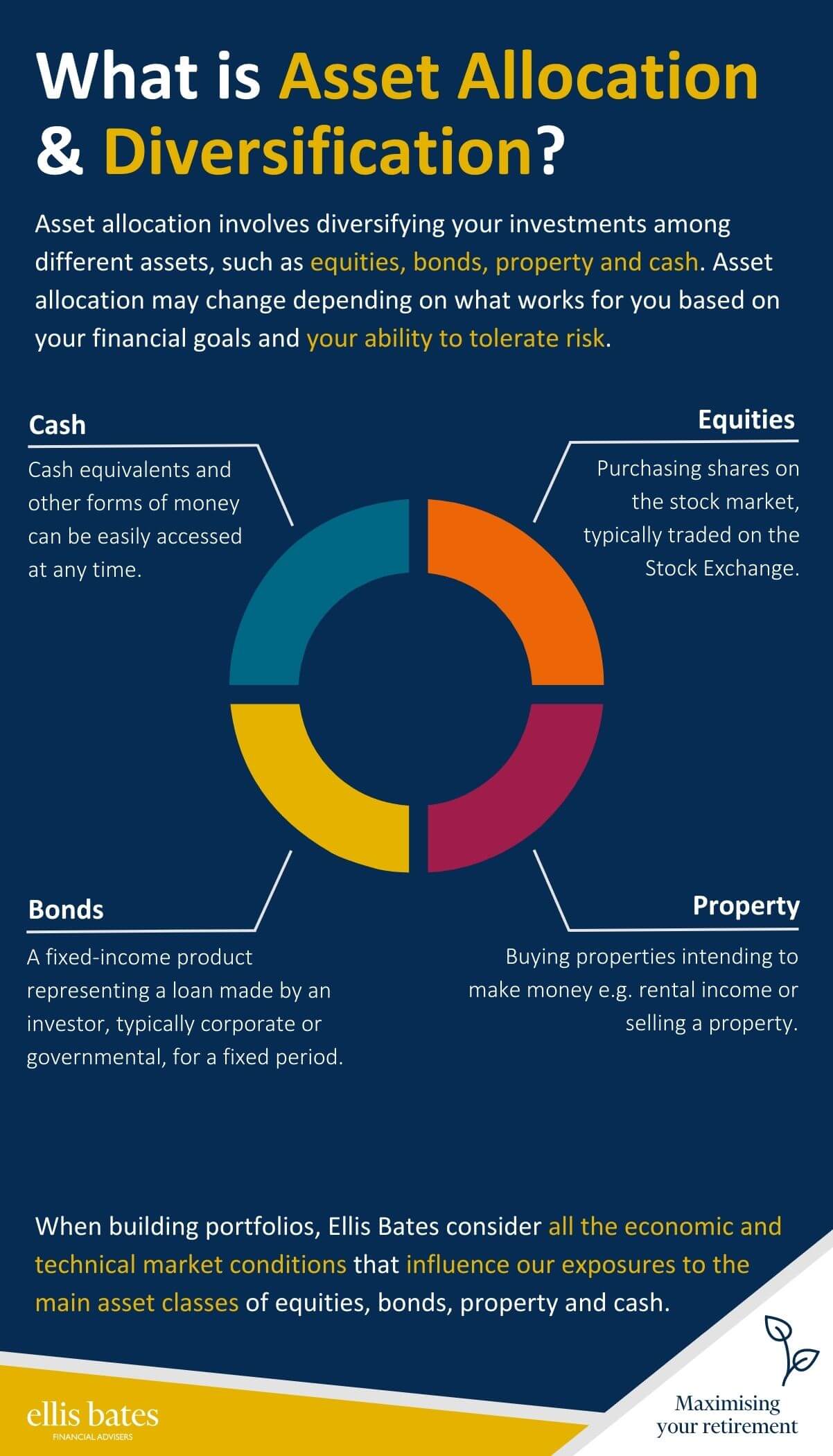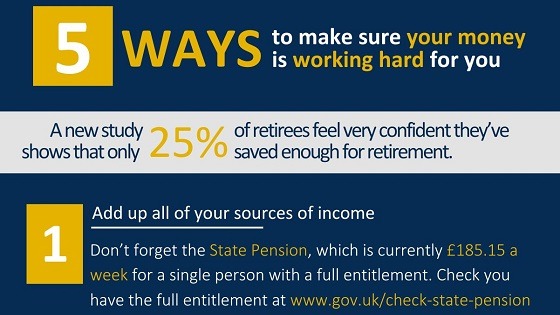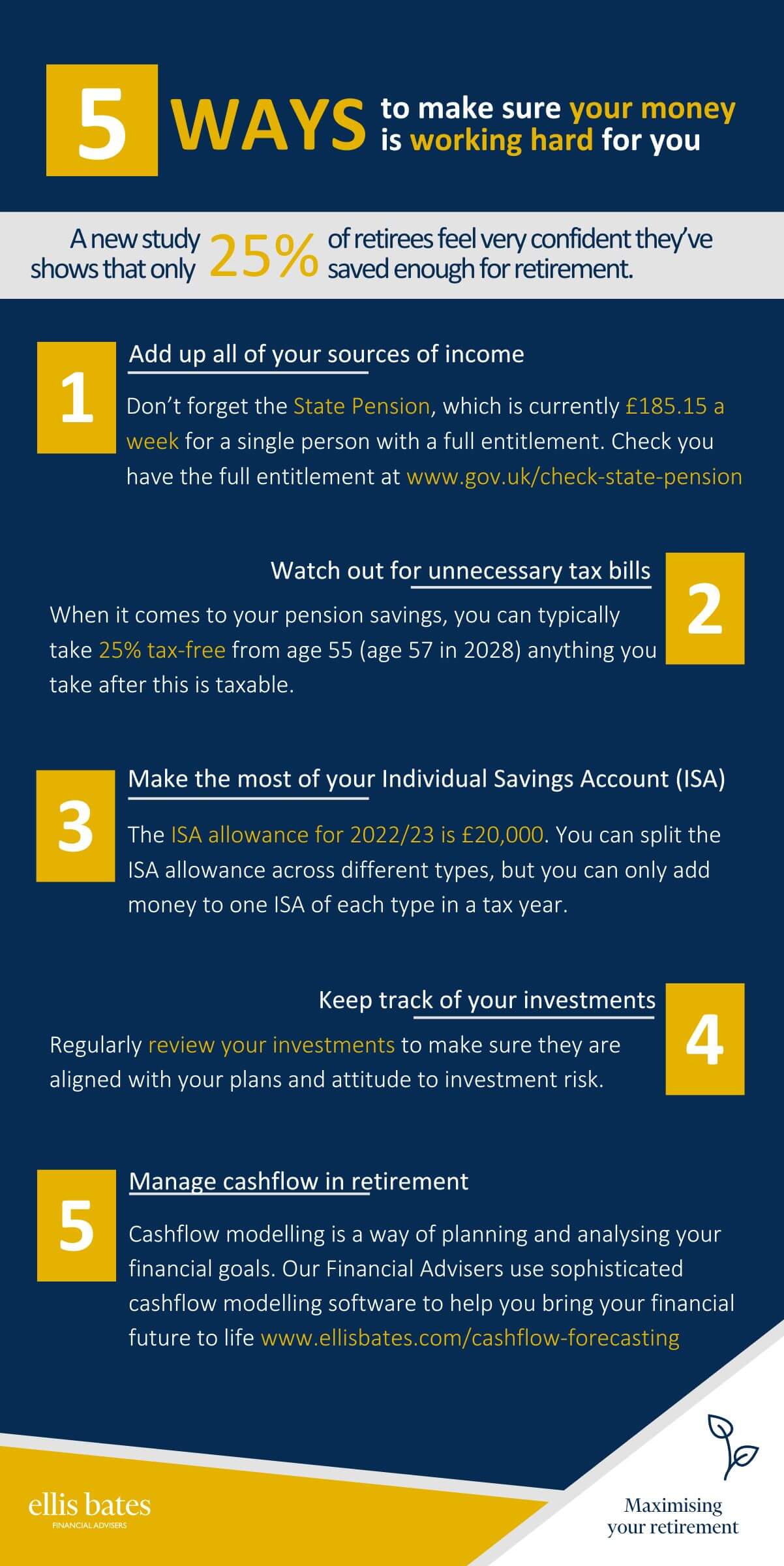Retirement Savings Gap
https://www.ellisbates.com/wp-content/uploads/2023/03/Mind-the-retirement-gap.jpg 560 315 Jess Easby Jess Easby https://secure.gravatar.com/avatar/70f816837c455030814d46a740cfc12d89893aaf8cbf8c8f8f59387d7b30ac08?s=96&d=mm&r=g Four in five workers (16 million people) are not saving at levels which are likely to deliver an acceptable standard of living in retirement, according to research[1] – these numbers exclude Defined Benefit pension savings.
Four in five workers (16 million people) are not saving at levels which are likely to deliver an acceptable standard of living in retirement, according to research[1] – these numbers exclude Defined Benefit pension savings.
The key reason behind this low confidence is the inability to afford savings on an ongoing basis, followed by worry about paying off existing debts.
Future crisis
Low-paid workers are least likely to be saving at these levels, with fewer than 5% saving at a rate which would provide an adequate standard of living in retirement. Low savings levels are a long-standing issue; however, the cost-of-living crisis is exacerbating the problem.
The UK’s lowest-paid workers have been hardest impacted during the crisis, often struggling to make ends meet. As a result, many are unable to prioritise saving for retirement, and today’s cost-of-living crisis risks storing up a future crisis where millions are unable to afford even the basics in retirement.
Saving behaviour
Just as low pay has impacted female workers most, the gender pensions gap remains an issue. The report found that 23% of male workers met the ‘whole career’ Living Pension cash benchmark, compared to 15% of female workers, and that this is driven principally by differing levels of pay rather than differing saving behaviour.
The Living Pension benchmarks are based on a previous feasibility study by the Resolution Foundation, which proposed a ‘whole career’ benchmark of 11.2% of pay, or £2,100 per year for someone working full-time at the living wage.
Huge variations
The report also highlighted that there are huge variations in whether workers are meeting the Living Pension benchmarks by sector. 55% of workers in the finance industry save at or above the ‘whole career’ cash LP benchmark, compared to only 2% of workers in hospitality.
These differences persist even if they account for variations between sectors in workers’ pay levels, occupation and whether they are full-time. This suggests that sector differences in pension saving are driven either by employers’ behaviour or their approach to the overall renumeration package.
What if I could have the retirement I really want?
Planning so that you can enjoy today, whilst making sure there is plenty saved for the future, can be a tricky balance to get right. If you would like advice and support with retirement planning, please get in touch.
Source data: [1] https://www.livingwage.org.uk/sites/default/files/Living%20Pensions%20Report.pdf
A pension is a long-term investment not normally accessible until age 55 (57 from April 2028 unless plan has a protected pension age). The value of your investments (and any income from them) can go down as well as up which would have an impact on the level of pension benefits available. Your pension income could also be affected by the interest rates at the time you take your benefits.


